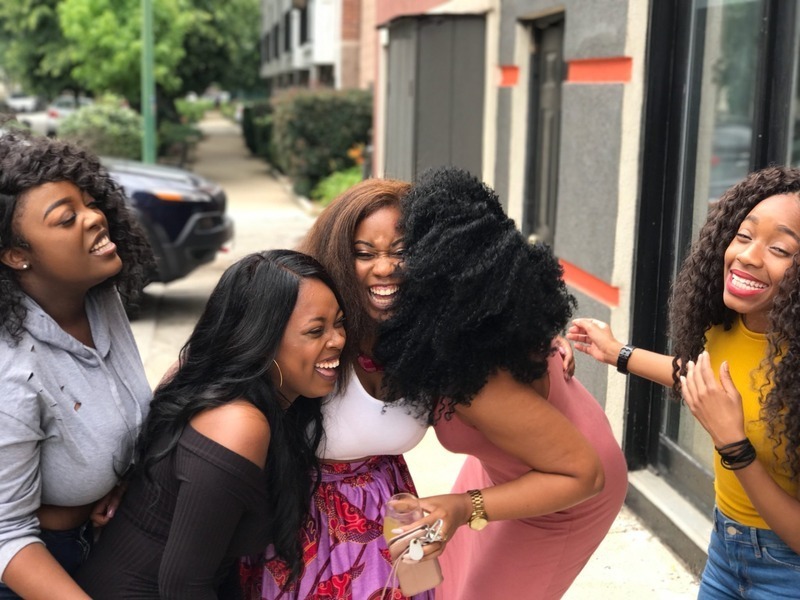
Women's History Month came to a close, and the advocation for empowering women continues. In light of Women's History Month's conclusion and Black Women's History Month starting, there have been multiple discussions about how women may assist one another more efficiently. The difficulties that remain were addressed during the ceremonies honoring women's victories.
This prompted the author of an article to wonder how Christian women can encourage young girls who haven't yet transitioned into womanhood and those in the "in-between" stage of adolescence. No matter how minor or essential the issue may appear, the author has spent much time thinking about how our society and church fail to help Black girls in our communities. She is the executive for racial justice at United Women in Faith.
Encouraging Christian Women as Agents of Change
In the article in Religion News, the author discussed that black girls receive worse punishment than white girls, which keeps them out of school and unfairly puts them in the criminal justice system. This all negatively impacts their mental health, education, and safety. The research demonstrates that this discrimination negatively impacts Black females over the long term because they are excluded from the classroom and treated as though their race is a problem.
The juvenile judicial and educational systems tend to categorize Black children's behavior as deviant and unsuitable. When Black kids commit errors, they frequently don't get the same forgiveness as White kids. This is a grave insult to our faith and goes against the notion of a loving God who appreciates all children.
Christian women have always been community organizers, educators, and moms who support education. United Women of Faith wants to stop the pipeline from schools to prisons and mass imprisonment.
They contend that Christian women—including white women acting in solidarity—must advocate for laws that specifically consider Black girls' needs. They must participate in their local communities and educational settings, as well as state and federal initiatives, to accomplish this. They need to use their positions for justice, inquire into the use of funds, and make elected officials responsible for how Black girls are treated in schools.
Also Read: Pope Francis' Top Adviser May Revisit John Paul II's Prohibition on Women's Ordination
The Celebration of the Women's History Month and International Black Women's History Month
March is designated Women's History Month to honor women's numerous yet underappreciated contributions to American history, from Abigail Adams to Rosa Parks. But the entire globe celebrates this occasion, not just Americans. According to History, it was inspired by a week-long celebration in 1978 by a school district in California that spread to communities and organizations nationwide.
In 1980, President Jimmy Carter issued the nation's first presidential proclamation designating the week of March 8 as National Women's History Week. The following year, a national holiday was declared by Congress. Six years later, the event was expanded to span the entire month of March at the National Women's History Project's request.
On the other hand, Sha Battle, a software consultant and businesswoman started the effort to designate April as International Black Women's History Month because she believed that the achievements of Black women were underrepresented in education. According to Medium, Battle's efforts were rewarded in April 2016 when the city of Atlanta recognized Black Women's History Month and gave her a citation.
It is commonly known that society is filled with sexism and racism, and she aims to establish a network of support for Black women. She also wants to highlight and encourage the accomplishments of Black and minority women, especially those not generally taught in schools.
Related Article:Catholic Church in Bangladesh to Form a Team to Combat Violence Against Women


















